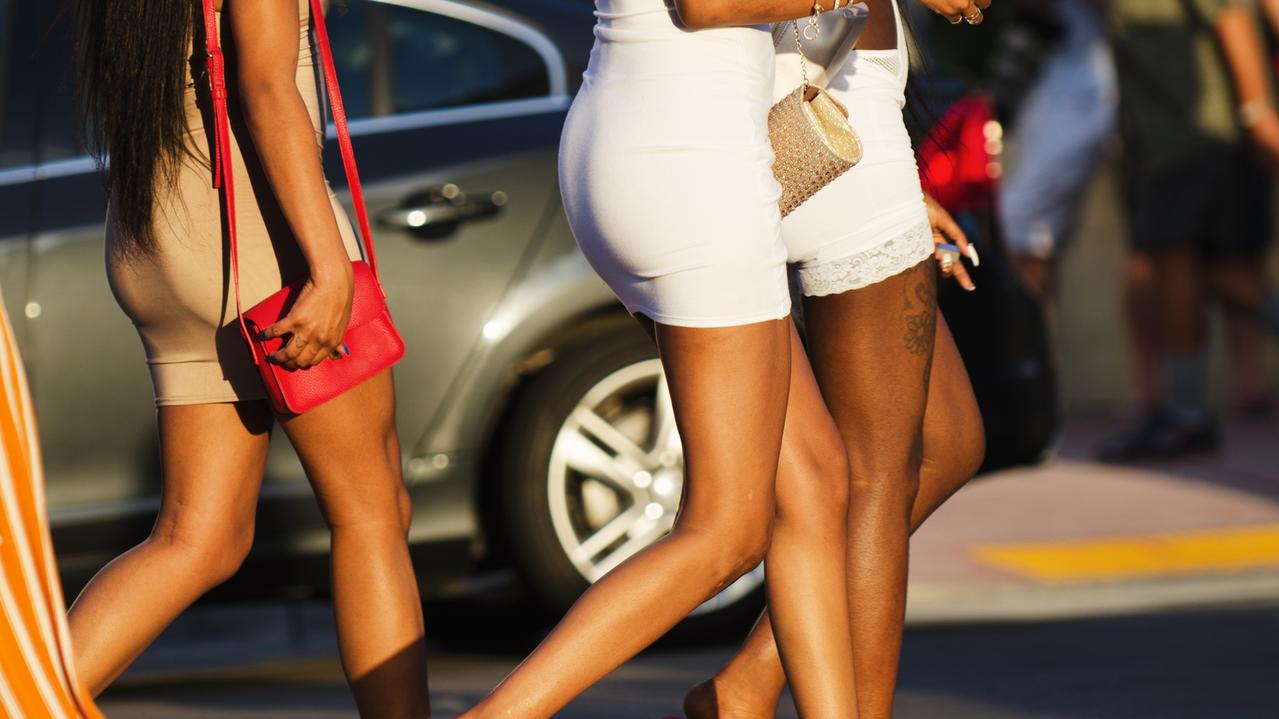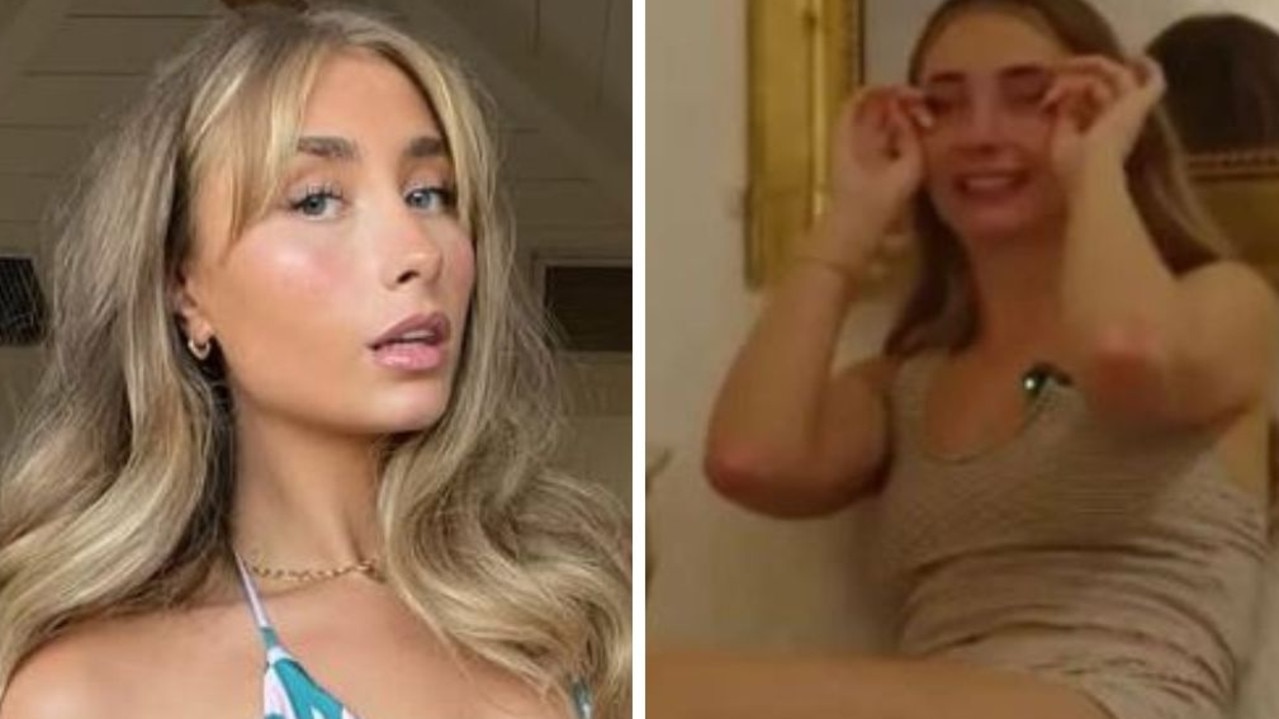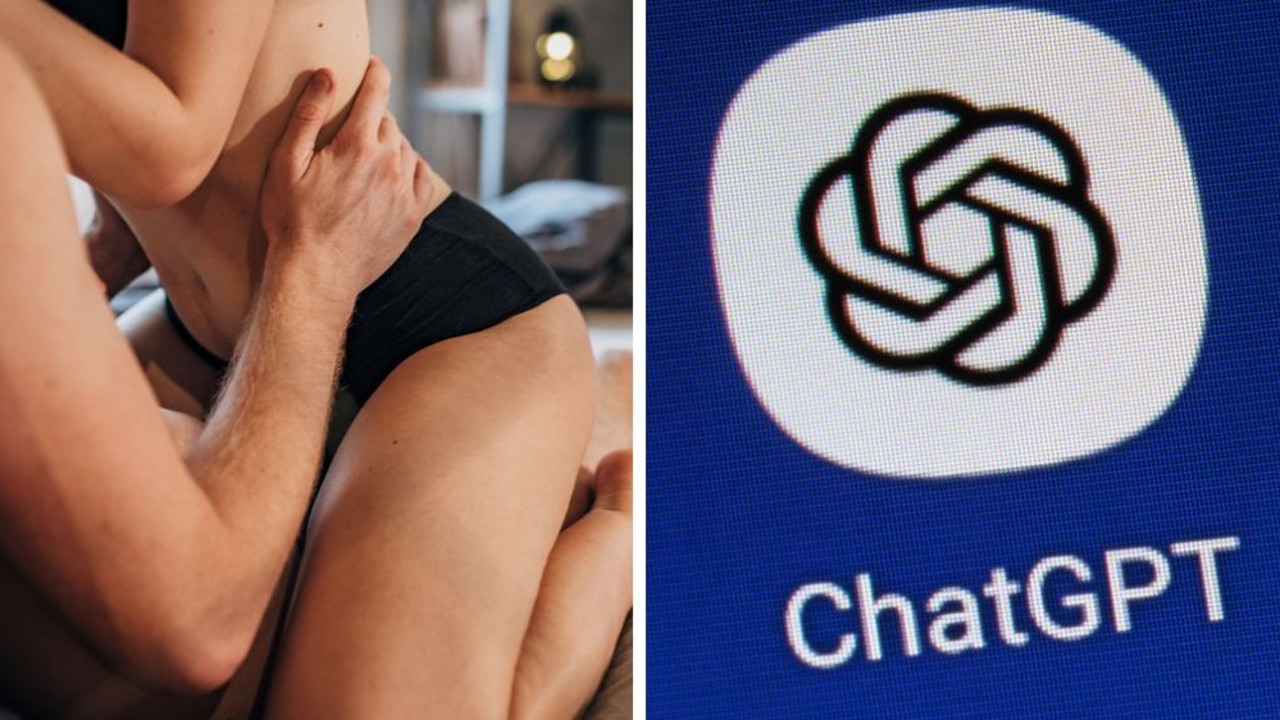Nadia Bokody: The secret I kept about my sexuality
Sex expert Nadia Bokody is known for unapologetically sharing intimate details of her life. But there’s one thing she’s never talked about - until now.
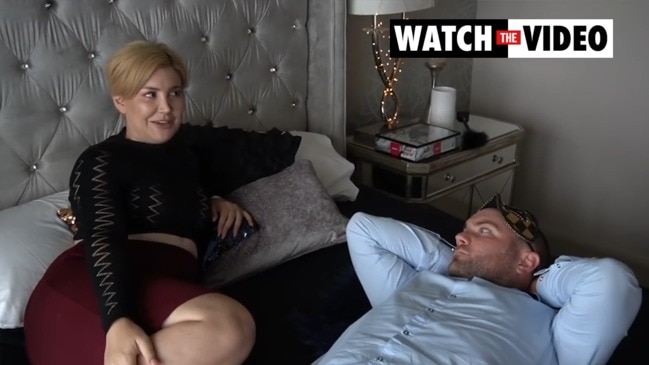
I’m drunk.
Not slurring, messy drunk. Just nicely buzzed.
The lights of the nightclub weave around us, lassoing our bodies together.
Time slows down to the erotic pulse of the bass, and we kiss.
It’s a kiss I’ll think about every day for the next month, usually while replaying the song we danced to – 50 Cent’s In da Club – on my iPod. And it will ultimately result in my first teenage heartbreak.
It’s also my first encounter with another woman.
RELATED: ‘Gross’ sex act men love but women hate
RELATED: Sex myth we want men to know isn’t true
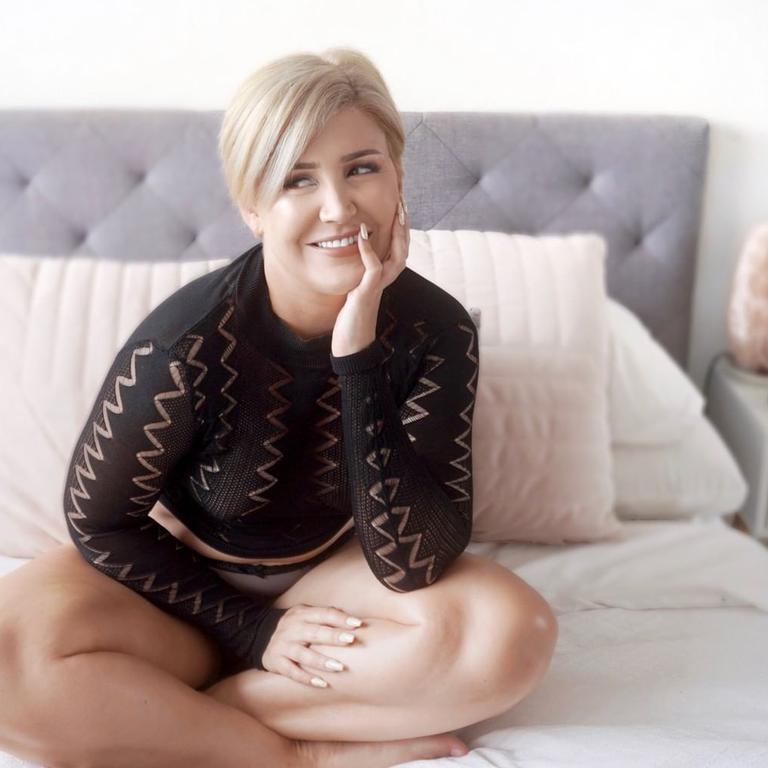
I won’t speak about it or confess it to anyone – most certainly not myself. It will be another two years before the scenario repeats itself; this time in the dorm room of a girl I attend lectures with at uni. We’ll go much, much further, and I’ll develop that same electric feeling every time I think of her after this.
But I won’t acknowledge it.
Instead, we’ll laugh about what a “crazy drunken night” it was, pretending we don’t remember what happened between us, and I’ll tuck it away in the farthest corner of my mind.
It won’t be the last time I’ll deny this part of me exists.
Sociologist Erving Goffman describes this practice as “covering”: something people do in an attempt to draw attention away from stigmatised traits to avoid social judgment.
I first remember internalising the idea women who were attracted to one another could provoke disgust, at age 13, when my grandmother commented on my haircut.
“Don’t go too short, you’ll look like one of those lesbians!” she exclaimed, surveying my new bob disappointedly.
RELATED: Blatant lie every woman has told in bed
RELATED: Real reason women can’t orgasm
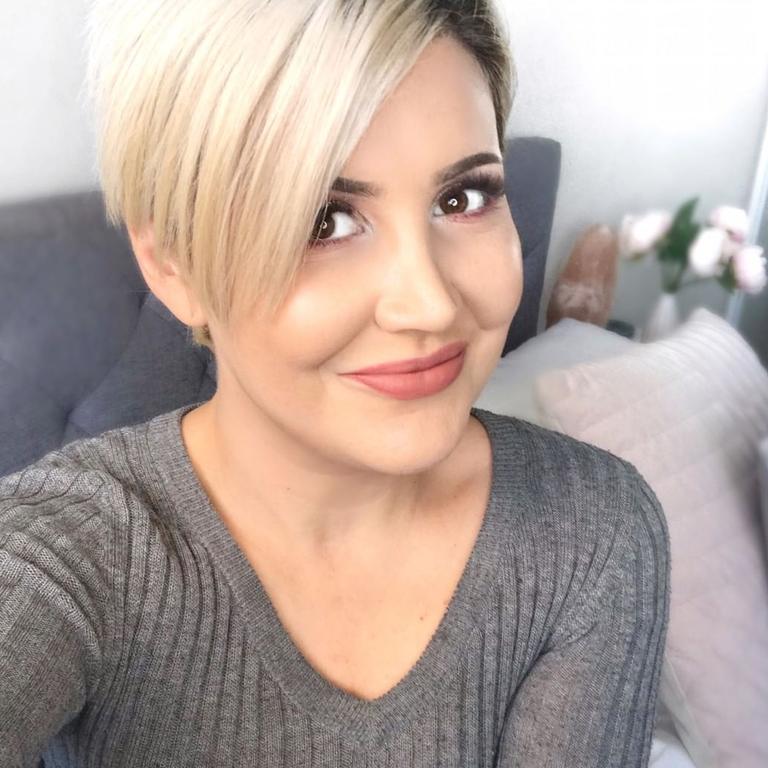
As someone who writes about sex, which often includes detailing my own romantic life, I’d readily describe myself as without filter. I even jokingly changed my byline to “The Internet’s queen of TMI” (an acronym for “Too Much Information”) a few years ago, after a reader commented I was an over-sharer.
I’ve divulged everything from my mental health breakdowns to the dissolution of my marriage to total strangers on the internet.
And though I’ve never actively avoided discussing my experiences with women, I’ve benefited from not having to address what they actually meant, either.
While men who have sex with other men are automatically labelled gay, regardless of how they self-identify, women are generally afforded the luxury of being able to have same-sex encounters without being forced to define our sexual identities. Largely because lesbian relationships have been historically delegitimised – at best, written off as male sexual fantasies, and at worst, a last-ditch option for women who can’t land a man.
Bisexual women suffer similar minimisation. Often seen as outliers from the LGBTQ community when they’re dating men, and equally misunderstood by their heterosexual peers, a 2019 study by La Trobe University found 60 per cent of bisexual people experience psychological distress as a result of negative perceptions surrounding their sexual identity.
In his groundbreaking book ‘Stigma’, Goffman uses the example of US President Roosevelt’s concealment of his wheelchair to illustrate “covering” in action. While it was widely known Roosevelt had a disability, he was never photographed in his wheelchair, and routinely positioned himself behind a desk before meetings to avoid being seen in it.
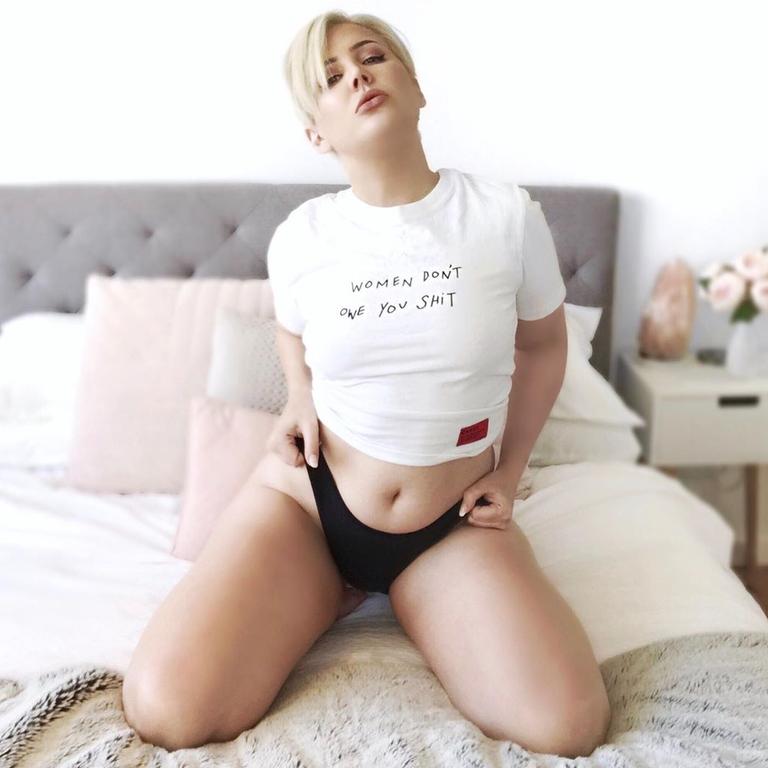
By my early thirties, the growing void between who I was and the person I presented myself as had become its own kind of desk, masking my sexuality from the world.
A couple of months before I met my boyfriend, I dated a woman. Although we were openly affectionate in public, I found myself deliberately omitting gender pronouns when speaking to friends and family about the relationship.
Perhaps tellingly of how dysphoric I’d become, I spent most of our dates apologising for having only had serious relationships with men, as though needing to justify my being there.
Despite being attracted to women since I was 16, my relationships with men and otherwise “straight passing” appearance (given, I had long hair up until a few years ago, and present as traditionally feminine – something society has a hard time calibrating with queerness) have ensured I’ve never had to “come out”.
But I never felt like I was existing in a closet, either. Rather, I was stuck somewhere in between showing my true self, and staying behind the desk.
If I spoke freely about my attraction to women among female friends, they might start to view me in the same way they viewed the men hitting on them at bars. I may be brandished a stereotype: the greedy bisexual who wants access to everyone, and simply can’t make up her mind.
And really, what would be the point? My partner of three years is a man, and all of the key relationships in my life have been with men – by most people’s definition, that’s heterosexuality.
And yet, if my boyfriend and I broke up, and I dated another woman, would I feel the need to omit her pronouns again?
My assumed heterosexuality has protected me from having to answer a lot of uncomfortable questions. Questions that would compel me to confront the fact I still fear what it means to be seen as a woman who loves women as well as men. That, for all my progressive sex-positive work, I’m still battling a lifetime of entrenched homophobia.
The truth is, I’m not straight. I’m bisexual.
I’ve always insisted I don’t prescribe to labels, but in reality, my refusal to define myself was the ultimate form of covering.
And if I learnt anything from my early same-sex experiences, it’s that the only thing worse than opening yourself up to heartbreak, is concealing your heart altogether.
Follow Nadia Bokody on Instagram and YouTube for more sex, relationship and mental health tips.

